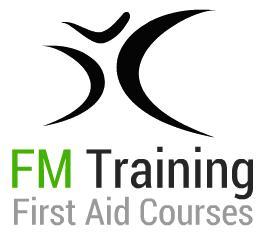What are Febrile Convulsions?
A febrile convulsion is a fit or seizure which occurs most frequently in babies or young children who are unwell and have a high body temperature.
A febrile convulsion occurs most commonly in children under the age of five. Young children can suffer from common infections such as ear infections, colds or tonsillitis. These can cause a rise in body temperatures and may lead onto a febrile convulsion. Although they may be frightening to witness, febrile convulsions are mostly harmless and not life threatening.
What are the Signs and Symptoms of Febrile Convulsions?
The convulsion can last from seconds to 5 minutes.
- Floppiness
- Their eyes may roll backwards
- Twitching in their arms, legs and body and shaking
- Bite their tongue and starting to foam from their mouth
- May also have a loss of bladder or bowel control
What to do during a Febrile Convulsion
- Call 999/112 for an ambulance.
- Remove any nearby objects or furniture out of the way to prevent injury.
- Protect their head by using a blanket or pillow. But do not restrain them.
- Ventilate the area by opening windows and doors to reduce the temperature in the room
- Try to loosen any tight clothes around their neck and stay with the child until the convulsion is finished.
- Time how long the convulsion lasts.
- Reassure the child.
- As soon as the convulsion is over it is likely the child will feel drowsy and confused. If they are unresponsive but breathing normally, put them in the recovery position.
Things you should not do:
- Do not restrain them during the convulsion.
- Do not put any objects in their mouth or your fingers.
- Do not try and move them (unless they were in imminent danger).







